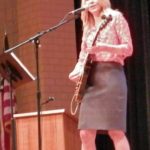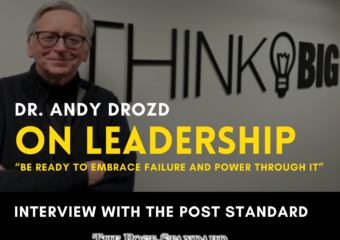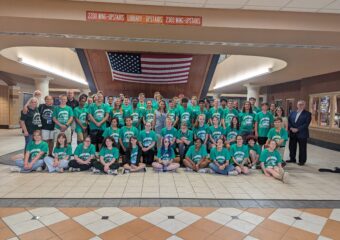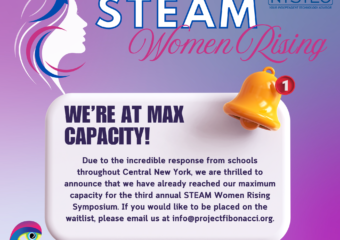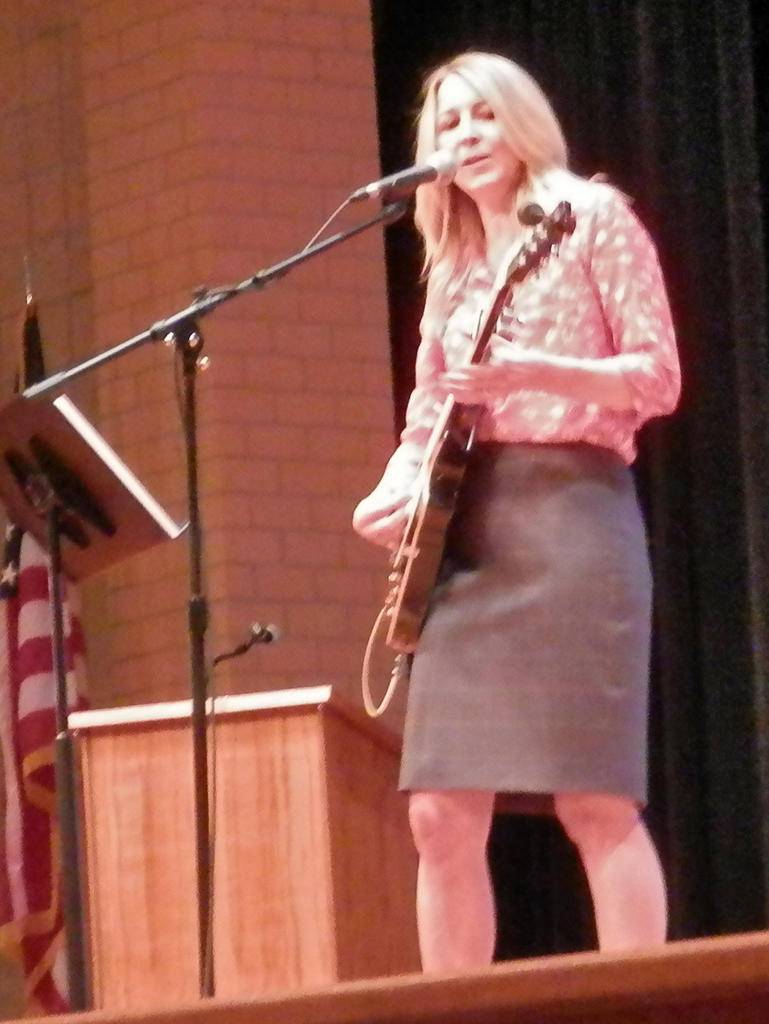
In planning careers, students should try to “do more than one thing well” and have “more than one passion,” urges Christine McKinley, a mechanical engineer, author, musician and former host of a History Channel program.
But math can be a key part of the foundation, to “help sort out data and decide what works for you,” McKinley told an audience of about 250 Monday night at Rome Free Academy auditorium.
And “if you don’t know what you want to do…get an engineering degree,” said McKinley, noting the doors that it can open.
McKinley was the first in a series of celebrity speakers this week for the second annual Project Fibonacci STEAM (science, technology, engineering, arts, math) Conference which also includes several workshops and field trips. Her comments were heard by about 106 students ages 16-22 from across the state attending the conference, along with about 100 people who purchased tickets for her appearance plus associated conference staff. The Project Fibonacci youth leadership program is being coordinated by Rome-based ANRO Computational Solutions.
McKinley, who has a mechanical engineering business in the Portland area, was a host on the History Channel program “Brad Meltzer’s Decoded” and on the Discovery Channel’s “Under New York” program. She also has been in a Portland-area band called Swan Sovereign, and her book “Physics for Rock Stars” was published in 2014 by Penguin Random House.
On Monday, McKinley outlined her career path with a combination of advice, anecdotes and humor.
When she briefly had difficulties using a remote control for images on a large screen behind her, McKinley quipped “how about I throw it at you?” and prompted more laughter when she said firmly “I’m a mechanical engineer.” She also drew chuckles when she showed the periodic table of elements on the screen and likened them to various types of personalities that come together.
But a lighthearted approach to the elements had a purpose for McKinley, and was “how I made chemistry fun for me…in terms I understood.” She conveyed how she was not interested in math as a 10th grader and wanted to drop out of algebra, but her stepfather would not let her. She stayed with algebra and “ended up loving” trigonometry. She was “glad I didn’t drop it,” citing the advantages of a “mathematically limber brain.” It can “help you sort out the nonsense…take in real data,” and can “make you a really good learner” even if one is not a mathematician or scientist, she added.
Encouraging students to cultivate multiple interests, McKinley advised them to “let the things you’re comfortable with…feed the things you’re uncomfortable with.” Students should not be afraid to “change your mind” about choosing careers, and “can have different jobs” and projects to try. If they experience feelings of being overwhelmed or uncertain, it can be a part of “deep learning,” she commented. It is alright to “allow yourself to get messy” in pursuing a project, such as a “messy draft…a shabby prototype” as a first attempt at something.
For their personal/career interests, students should “choose your combination…whatever they are,” or if in doubt, “just get an engineering degree,” McKinley remarked. In her job as a mechanical engineer, for instance, “you can be so necessary to the work” on a project and it is “such a pleasure,” she observed.
During a question-and-answer portion, McKinley asked if anyone was “going into engineering.” When one replied he was “already in it,” she said “you will always have a job.”
When asked about time management tips for students, McKinley said they have to “be tough” and disciplined, plus “learn to say ‘no’…even to parties….Just choose the best ones to go to.” Asked about her start as a mechanical engineer, she said it could be “terrifying” at first, with those already in the field feeling “you have to pay your dues.”
Afterward, McKinley said this was her first trip to the Rome area, and the closest she had ever been was a 1997 music recording trip to the Woodstock area. Regarding the Project Fibonacci STEAM program, she is “just so glad the ‘A’ is in there” for the arts.
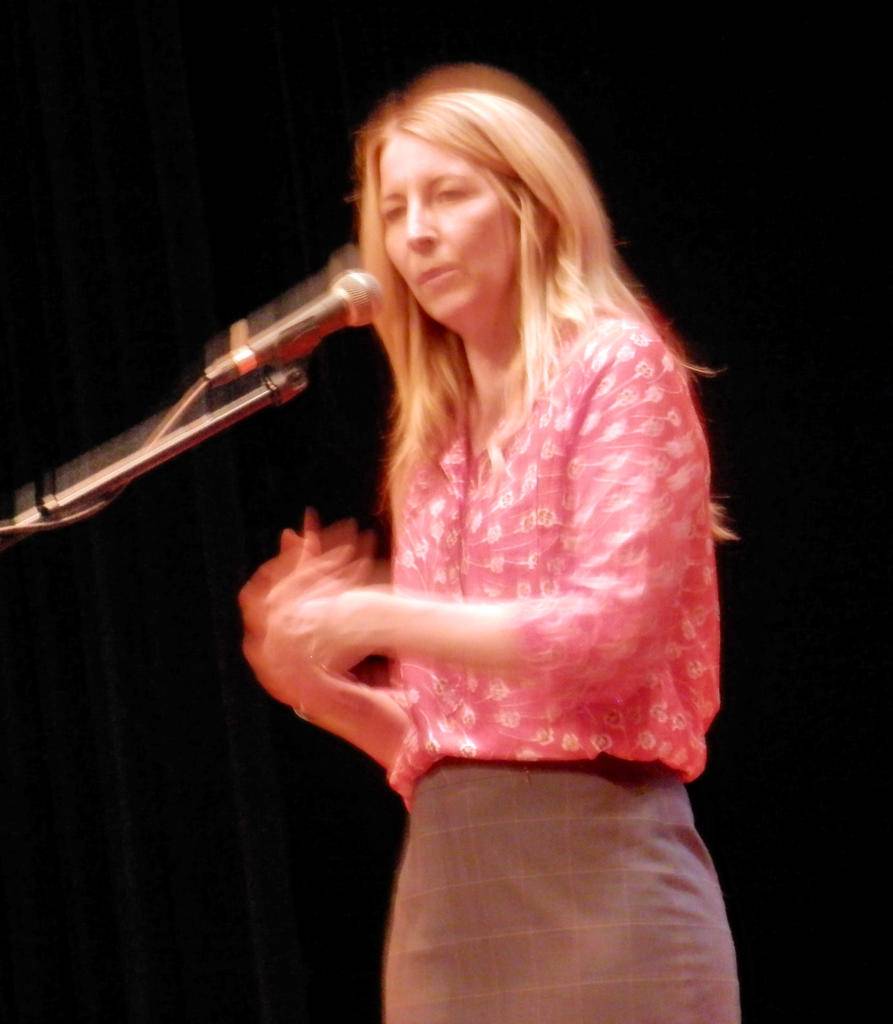
Speaking today at 6:30 p.m. at RFA will be Debbie Berebichez, physicist and co-host of the Discovery Channel’s “Outrageous Acts of Science.”

